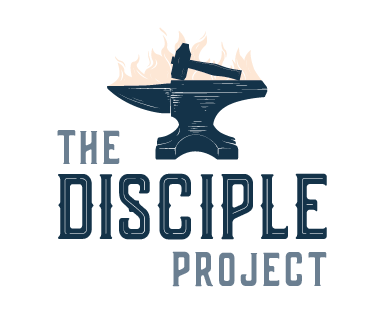Former Navy Seal, Jocko Willink, shares thoughts on ownership in the military world but it’s easily translatable to the ministry world. Here are the top 12 things he said that should matter to you if you want to create real ownership in your youth ministry.
You can watch the video HERE with an option to watch the whole video through LondonReal.
Your kids are not robots, you cannot order them around
Kids are not in our youth ministry to accomplish all our ideas and dreams so we don’t get yelled at by our leadership. The kids have hearts, passions, etc. and are real people, not our minions.
The worse your plan is thought out, the less response you are going to get
Confusion is the enemy of execution. If we do not think out our plans and strategies they will come across as incomplete thoughts. Incomplete thoughts or undefined goals will only frustrate those we lead and we will not get their best.
The less input I get from people, in the creation process, the less likely they execute the plans correctly
I talk plans out with our students until we have a clear way forward in the ideas we have. Once they “get it” they can do it. We clarify what we are doing, why we are doing it, and what we hope to accomplish. The earlier kids get kids involved, the clearer the vision will be and the better everyone executes on the plans we make.
Check out the plan and collaborate
I don’t like to micro-manage. Once the plans are established I check back with them, collaborate on new ideas, trouble shoot, equip and train.
When a student owns it, the more effort they will put into it
When I ask a kid to speak they want to do well. The don’t want to fail. If it’s their idea and they own it; they are going to give their best effort to achieve it.
Kids will not (and should not) do for you, just because your the youth pastor
Our authority is a small tool to getting things done. Authority is our chance to lead. Authority without leadership is hypocrisy. I believe our role as youth workers is to equip and train not order others around and flaunt our abilities. Everything God has given to us was meant to be passed along because we won’t be at our position forever; a.k.a discipleship.
Students want a say in the destiny and future of their youth ministry
My friend Tim Elred says, Youth Ministry is youth IN ministry. Our kids want God’s best and they want a program that reflects their ideas and excellence. Kids want a say in their spiritual growth through the youth ministry and if they do not get that say they will either level out, decrease in growth, or leave for more challenging opportunities.
Help kids want to do it.
Kids don’t always know how to describe what they want and they don’t have the the best plan on how to get what they want. Our role is to flesh out their plan and the emotional investment they are willing make in achieving what they want. God has a plan for our kids, we just have to help kids see God’s plan is better than their own.
You have to lead
Leaders are never off
Leading is not giving orders or standing up in front of everyone giving a speech. Leadership is doing a dozen little things to help one kid get to where God wants them to be. Leading means discipline, discipleship, wisdom, hard choices, and taking the hit when our decisions are unpopular. No one is going to do this for you and you cannot ride the coattails of another.
Accountability is a tool of leadership but not the only tool
I have known Pastors who created accountability simply so they would have someone to blame if things went sideways. Accountability is a privilege not a requirement. Accountability is a tool to get the best from people. It’s also a double edged sword.If our kids are not succeeding we have to be accountable for our plans, training, and investment.
Don’t blame the kids
If you create accountability for someone’s performance you are creating accountability for your leadership whether you know it or not. Build in a mindset that if they fail, you fail. Now train them like you want them to win not fail.
You know you’ve succeeded when you are just about out of a job.
The less I do means someone is taking a role I do not have to take up. I tell my staff, if I have to do it, I do not need you. The more kids take more accountability, I have the chance to speak into their lives. Once they are off and running I can being investing in others; checking back with the them to see if they need my help.
Kids owning their faith is step one.
Kids owning their gifts is step two.
Kids owning the process of leading and discipling others (the youth ministry) is step three.
Kids want ownership because they live in a world where to0 many decisions, and not always the best ones, are made for them. We can help turn the tide of “do for me ” to “let me do it, fail, and try again.” and create a healthier, God honoring youth ministry that will benefit the church and the community.
Jocks book is Extreme Ownership and his podcast is HERE
